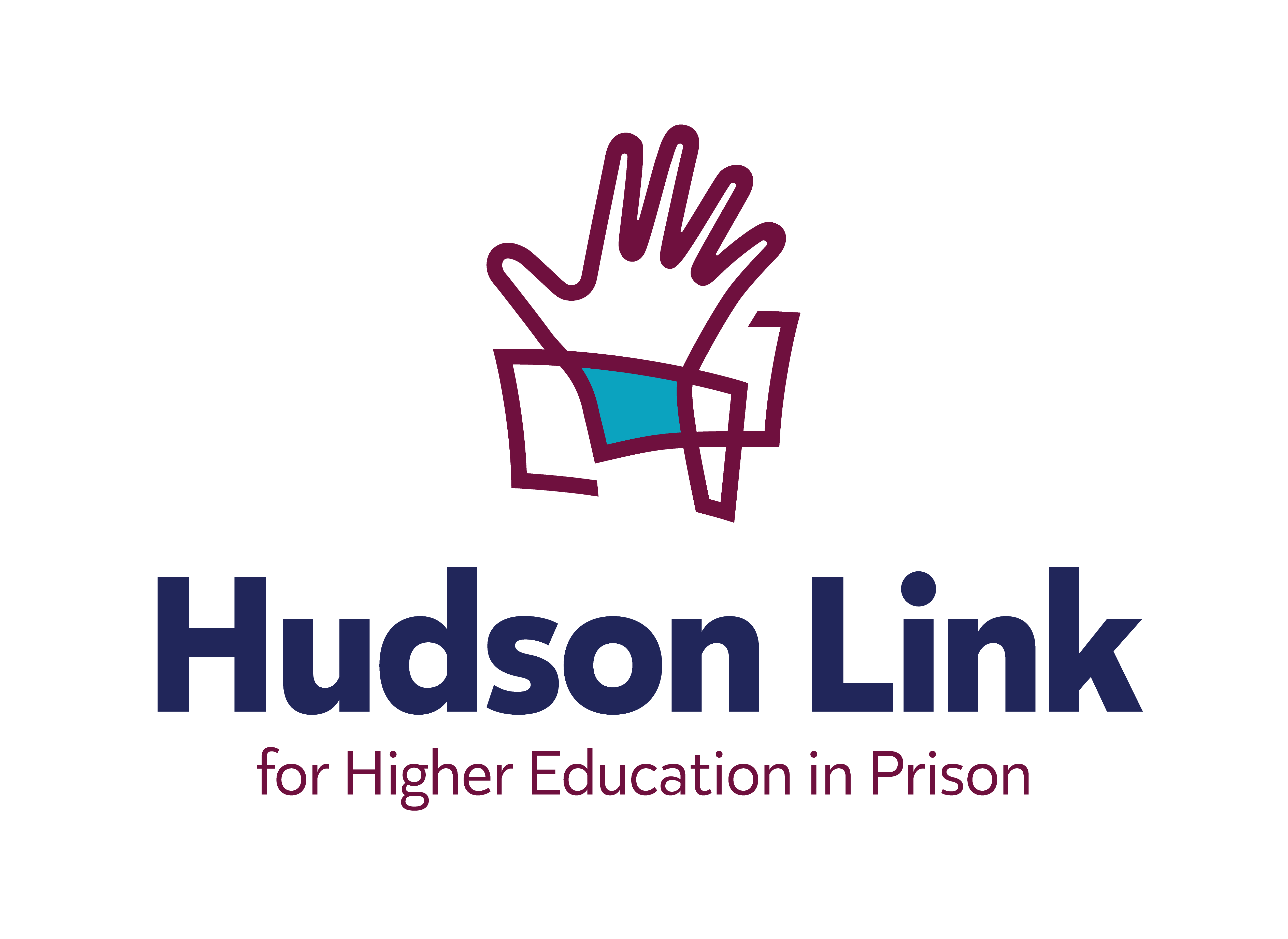Testimony of Sean Pica, Executive Director Hudson Link for Higher Education in Prison, Inc
Before the Joint Legislative Budget Hearing on Higher Education February 7th, 2022
In SUPPORT for Restoring Tuition Assistant Program for Incarcerated New Yorkers
Thank you for the opportunity to submit testimony to the committee. My name is Sean Pica, and I am the Executive Director of Hudson Link for Higher Education in Prison. We are submitting comments in support of restoring the Tuition Assistance Program (TAP) for incarcerated New Yorkers. This could be achieved in the budget, but Senator Jackson also sponsors a stand-alone bill S446 and Assemblymember Aubry sponsors A2322.
Hudson Link is a not-for-profit organization that provides college education, life skills and re-entry support to currently and formerly incarcerated people to help them make a positive impact on their own lives, their families, and communities. We were founded in 1998, following the barring of incarcerated people from accessing federal financial aid in 1994 and TAP in 1995. Before the ban on TAP went into place, New York had 3,445 incarcerated students enrolled in 25 programs. However, with financial aid as the primary source of sustaining programs, the banning Pell and TAP precipitated all but four programs to close their doors the following year shrinking the student population by more than 90%.
I know firsthand the devastation this policy decision brought. I was incarcerated in the eighties and nineties and utilized Pell and TAP while working towards my degree. Overnight, I went from nearing graduation with over 100 college credits and feeling hopeful for my future to seemingly having no pathway to a college degree.
Thankfully, a group of men inside Sing Sing, alongside college educators, community leaders, and dedicated volunteers, created Hudson Link to partially fill this gap. The organization privately funds higher education programming and services. I am proud to say I was in their first graduating class in 2001. Following my release and serving on the organization’s Board of Directors, I assumed the role of Executive Director in 2007. Since that time, Hudson Link has grown from 60 students at Sing Sing Correctional Facility to having up to 600 students enrolled annually in college preparatory and degree-granting programs at six New York State Correctional Facilities. We’ve partnered with nine colleges and universities, both public and private, to award more than 750 degrees over the last 20 years.
However, our work and the contributions of other privately funded college-in-prison programs in the state do not go far enough to meet the needs and demands of incarcerated people seeking life-changing degrees. Privately funded programs throughout New York operate on a shoe-string budget, needing to fundraise each year to support the bare minimum costs to administer programs. TAP would provide a more sustainable source of funds and help close the gap between services provided on campuses and programs based in prison settings.
Over a dozen prisons in the state are without any college programming. It is often up to chance whether or not an individual will end up in a prison where higher education is available. TAP would allow new programs or existing ones to expand into harder-to-reach and lower-resourced areas. This could be a massive benefit to colleges by increasing enrollment, especially community colleges struggling to maintain student bodies right now. Further, many of our faculty report that teaching within the prison setting brings new perspectives to their course material, enhancing classrooms both in and out of facilities.
The benefits of college in prison expand beyond the universities but advantages students, their families, and entire communities. As it does for any individual, college helps students and their loved ones break the cycle of poverty. It is often unrealistic for individuals we serve to obtain degrees before or after prison due to other financial or caregiving responsibilities. Therefore, seeking a degree while incarcerated can often feel like the only chance to pursue the opportunity, otherwise denied by location and circumstance.
Offering higher education changes dynamics within a prison and leads those that partake to greater social and financial success when returning home. College, whether in the community or in a prison setting, leads to an increased sense of worth, tangible skills, farther-reaching social capital, and a more pronounced ability to think critically. Participants in college-in-prison programs are 13% more likely to find employment after release. Additionally, they are more likely to find meaningful careers with higher wages. iv,v Increased economic security benefits students and provides more resources for their families. Further, parents pursuing college can often inspire children and other family members to similarly seek out higher education. Extending beyond their families, our alumni are often serve in leadership roles within organizations and communities.
Even without accounting for this ripple effect outcome, we know that higher education in prison programs are cost-effective and a high-yielding financial investment for the state. People who participate in educational programs in prison are 43% less likely to return to prison. For every $1 invested in college in prison programs, there is a $4-$5 return on incarceration costs. Restoring TAP for those behind bars would add less than 1% of the state’s overall TAP budget and would ultimately lead to an estimated 22 to 27.5 million dollars in savings a year for the state.
Higher education in prison changed the trajectory of my life and the lives of so many people I know and love. Access to TAP and, with it, college is how currently and formerly incarcerated people can invest in ourselves and extend beyond our past choices that all too often define our lives. It gives us the chance to come home better than we arrived in prison and return that investment to our communities. It’s time for New York State to make this a reality for thousands by reinstating TAP for incarcerated people.
Thank you for this opportunity to testify.



Hi Sean,
I remember you well for two reasons. I met you in Elmsford years ago while I was doing something for my job with the Town of Greenburgh. And I remember that you came to my church in Chappaqua and gave a fine speech.
I believe in your organization. I try to keep my church donating money to you (regrettably, not very much, but we keep donations alive).
I would be happy to talk to you again sometime. Until then, keep up the much- needed work.
Yours truly,
Rob Risley